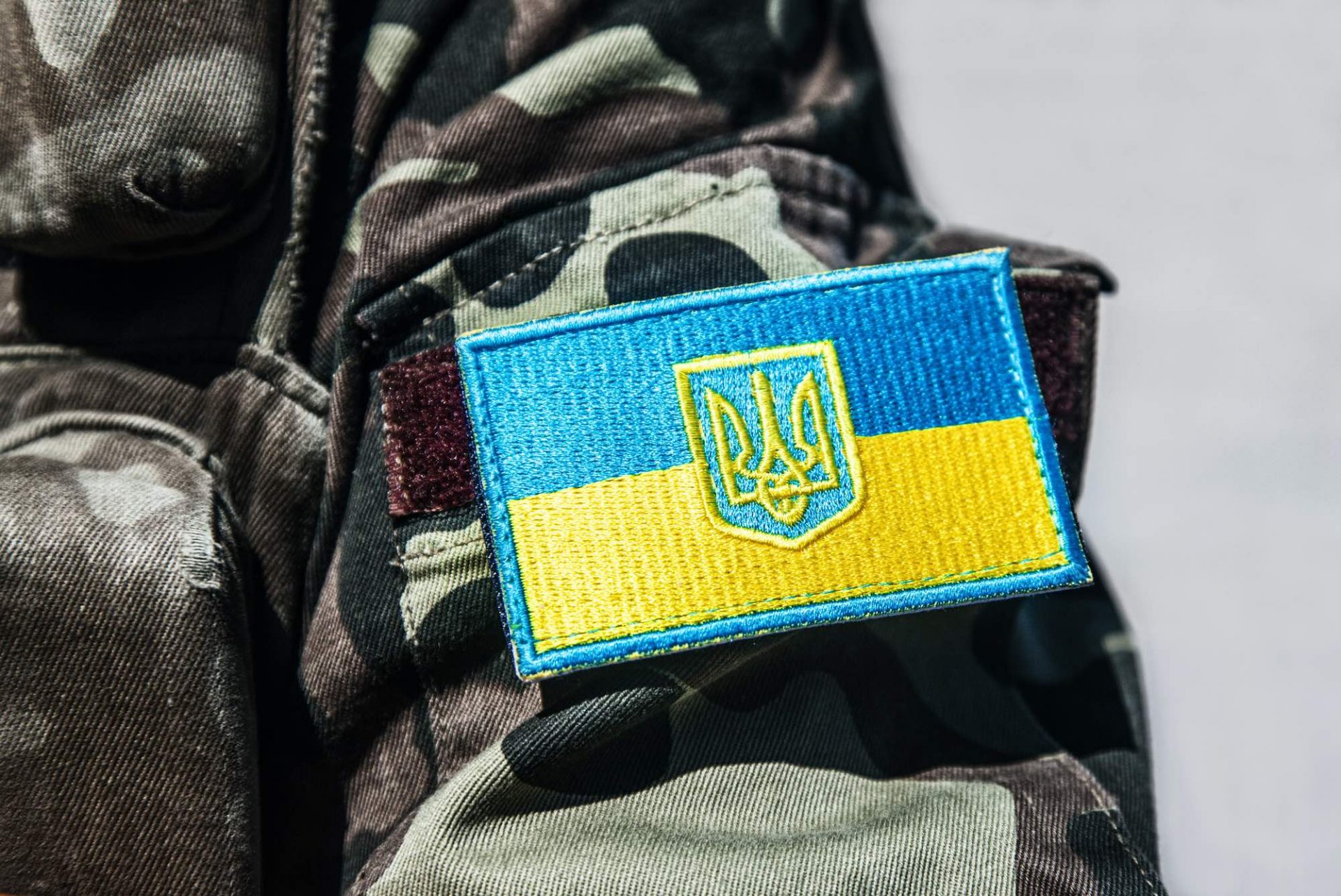Ukraine’s attempt to extradite refugees who sought shelter in the Czech Republic to avoid conscription is expected to face significant hurdles through official channels. Such a request would likely contravene Czech law, making it impossible for Justice Minister Pavel Blažek (ODS) to approve it, as confirmed by the Justice Ministry to Echo24.
The Ukrainian military is currently launching a counter-offensive to regain territories occupied by Russian forces, requiring a substantial manpower. However, even amidst pervasive corruption, there remains a shortage of recruits. Some Ukrainian men have managed to evade military service by leaving the country with the assistance of bribes, potentially numbering in the tens of thousands.
Remarkably, since the onset of the conflict in Ukraine, Ukrainian prosecutors have not sought extradition from the Czech authorities for these men who fled to escape conscription, as per information from the Supreme State Prosecutor’s Office and the Ministry of Justice. This absence of extradition requests raised questions that warranted investigation.
Avoiding conscription is a criminal offense in Ukraine, carrying a penalty of 3 to 5 years in prison. Nevertheless, Ukrainian authorities have primarily focused on prosecuting those who refused the draft but remained within Ukraine, as they are easily accessible to law enforcement. Ukrainian police lack jurisdiction beyond the country’s borders. In addition, Ukrainian men, except for a few exceptions (such as fathers of three or more children, critical infrastructure workers, and individuals over 60), have been barred from traveling for a year and a half and must heed the conscription call if summoned.
Nevertheless, some Ukrainians have successfully evaded mobilization and sought refuge abroad, either by bribing conscription officials or obtaining fraudulent medical reports, provided they have the financial means. While The Guardian, a British newspaper, suggests the number could be in the tens of thousands across Europe, official statistics are lacking. It is likely that Ukrainian intelligence services, which also operate clandestinely in the Czech Republic, have the most accurate estimate. The Czech Security Information Service is also interested in these refugees.
After 18 months of war, it appeared that the dire situation in Ukraine might prompt the country to seek the return of these “rogue” refugees, given its shortage of soldiers. The legal mechanisms theoretically exist for Ukraine to request extradition from neighboring countries. However, this avenue had not been pursued until recently.
The chairman of Ukraine’s most prominent parliamentary party, Davyd Arachamija (President Volodymyr Zelensky’s Servant of the People), recently announced Ukraine’s intention to seek extradition from partner states for men who deliberately avoided mobilization and left Ukraine with a forged certificate of unfitness for service.
However, this endeavor faces a significant obstacle that may explain Ukraine’s previous leniency. It conflicts with the laws of the Czech Republic and certain other nations. Extradition treaties, specifically mutual extradition treaties, do not apply under Czech law to crimes of a military or political nature. Furthermore, extraditing war refugees is problematic in itself, irrespective of the nature of the crime committed. Consequently, the Czech Republic cannot extradite refugees who fled before conscription or deserters to Ukraine or any other state.
Vladimír Řepka, a spokesperson for the Czech Justice Ministry, clarified, “The crimes you describe are of a military nature and do not fall into the category of so-called extradition crimes, and therefore international extradition treaties do not apply to them.” In each individual case, a court would have to decide on extradition. Řepka added, “The competent court would most likely declare extradition inadmissible if the specific case involved a crime that is exclusively military in nature, and the justice minister could not authorize the extradition.”
Under the law on international judicial cooperation, the justice minister is the final decision-maker in the extradition process, but he can only grant authorization if a court issues a final decision in favor of extradition. If the court rules against extradition, stating it is inadmissible, the minister cannot make a decision. This is the likely scenario for the extradition of Ukrainian refugees who fled before conscription or even for deserters. In case the minister doubts the correctness of the court’s decision, he can file a petition with the Supreme Court within three months to review the decision.
Source: Echo24


















